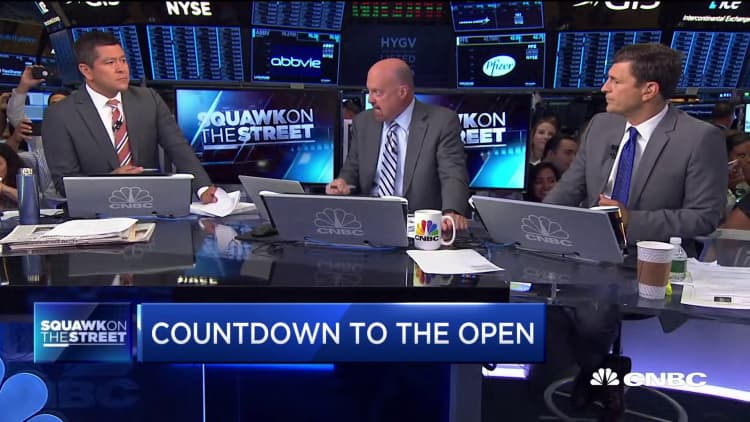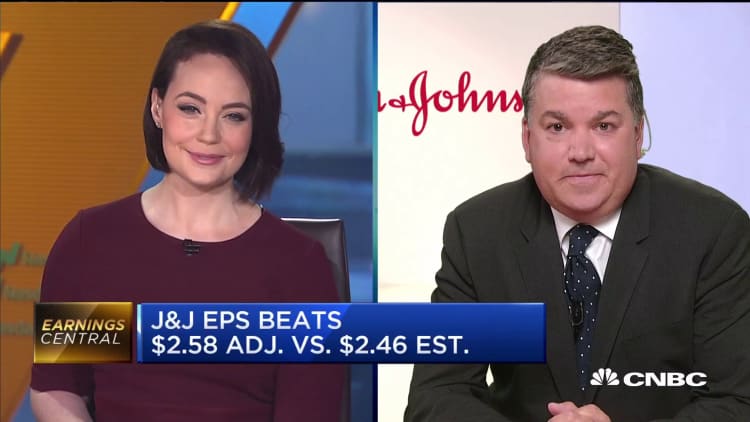Johnson & Johnson will make its case to dismiss thousands of lawsuits alleging its talc-based baby powder causes ovarian cancer in a crucial hearing starting Monday.
The company faces more than 14,000 lawsuits claiming its baby powder caused ovarian cancer and mesothelioma. Before the trial starts, a federal judge determines what evidence can and cannot be presented to juries.
Known as a Daubert hearing, the process aims to ensure that expert witness testimonies are based on sound science. The pretrial proceedings for roughly 11,000 cases filed in federal court have been consolidated under one judge, U.S. District Judge Freda Wolfson at the U.S. court in Trenton, New Jersey, since they all address similar complaints.
J&J is challenging the plaintiffs' witnesses scientific principles and arguing they cannot prove baby powder causes cancer. The company wants Wolfson to dismiss all of the plaintiffs' 22 witnesses and dismiss the cases.
Starting Monday, Wolfson will hear from eight witnesses, five from the plaintiffs and three from J&J. Wolfson will also review the studies and other evidence the legal teams are submitting before deciding what the jury hears.

The hearing marks a crucial moment for J&J. It could provide the company with a possible way out of roughly 11,000 cases — or 79% of all outstanding baby powder lawsuits.
So far, J&J has had mixed results in previous talc trials. A Missouri jury last year ordered J&J to pay $4.69 billion to 22 women who alleged the company's talc-based baby powders contained asbestos and caused them to develop ovarian cancer.
If Wolfson blocks the plaintiffs' experts, she could dismiss all the outstanding cases. If she allows testimony from all the witnesses, that would allow roughly 11,000 cases to proceed to trial. She could prevent some from testifying, possibly reshaping which lawsuits continue and which are dropped.
"This is a critical phase in a longer process," said Michelle Parfitt, a partner at Ashcraft & Gerel and co-lead for the plaintiffs' steering committee. "Once the judge finds the experts are qualified, we can move on to issue the opinion or order."
It's unclear when the judge might issue a ruling, though it could take Wolfson some time to review all the testimony and documents. For the Daubert hearing, one witness will testify per day, taking the hearing to the end of this month. If Wolfson allows the cases to proceed, the start date of any trials against J&J will largely be determined by the outcome of the hearing. Wolfson's decision on evidence and witnesses can also be appealed, which may further delay any trials.
If the cases move forward, Wolfson will have a big hand in shaping how they proceed. For example, she could send them all back to their home courts or she could call for a bellwether trial to test the company and the plaintiffs' arguments, attorneys say.
Concerns over the company's namesake baby powder have weighed on J&J's iconic, family friendly image — and its stock price.
Shares of J&J have risen just under 1% this year. The S&P 500 health-care index gained about 6% in the same period.
WATCH: JNJ CFO on Q2 earnings, litigation and product pipeline



